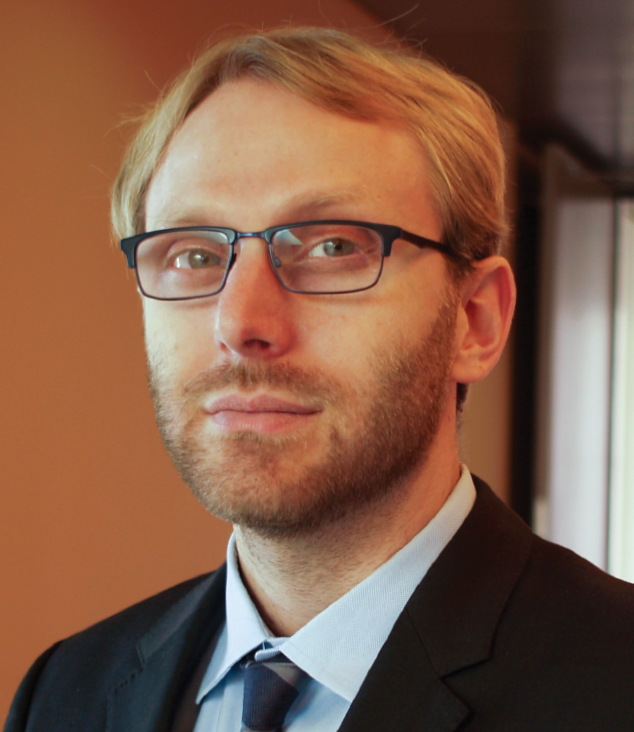Building Laboratories on Motes of Dust to Scale Life Science Research 1000-fold
5th December 2024
Timing : 1 pm ET
Please use this zoom link for joining the webinar
For a list of all talks at the NanoBio seminar Series Fall'24, see here
Dr. Dino Di Carlo
Armond and Elena Hairapetian Chair in Engineering and Medicine
Professor and Department Chair, Bioengineering
Professor, Mechanical Engineering
California NanoSystems Institute
Jonsson Comprehensive Cancer Center
University of California, Los Angeles
Dino Di Carlo is the Armond and Elena Hairapetian Professor of Bioengineering at UCLA, serial entrepreneur and inventor. He serves in academic leadership roles as the Chair of the Bioengineering Department and Deputy Director of a National Science Foundation Engineering Research Center. He is an author on >190 peer-reviewed articles and an inventor on >70 issued patents in the U.S. and across the world. His research focuses on the interface between micro & nanotechnology, information technology, and the life sciences. He also has served in business leadership roles. He co-founded several companies in the diagnostics, medical device, and biotech/pharmaceutical industries and continues to serve on the board of directors of many of these companies, and as a scientific advisor and mentor to startups. His inventions are incorporated into commercial medical devices, such as Cytovale's IntelliSepTM test, which is the first test approved by the FDA to detect sepsis early in the emergency department, and Tempo Therapeutics’ MAP Wound Matrix, which is being tested in humans to regenerate tissue in large wounds. Other inventions from his lab scale and automate life science research, such as Nanovial technology from Partillion Bioscience, which allows antibody drug developers to rapidly discover new antibody sequences, more rapidly bringing life-saving drugs to the clinic. He has received numerous awards, including the Presidential Early Career Award for Scientists and Engineers (PECASE), the highest honor bestowed upon young scientists and engineers in the U.S.
Armond and Elena Hairapetian Chair in Engineering and Medicine
Professor and Department Chair, Bioengineering
Professor, Mechanical Engineering
California NanoSystems Institute
Jonsson Comprehensive Cancer Center
University of California, Los Angeles
Dino Di Carlo is the Armond and Elena Hairapetian Professor of Bioengineering at UCLA, serial entrepreneur and inventor. He serves in academic leadership roles as the Chair of the Bioengineering Department and Deputy Director of a National Science Foundation Engineering Research Center. He is an author on >190 peer-reviewed articles and an inventor on >70 issued patents in the U.S. and across the world. His research focuses on the interface between micro & nanotechnology, information technology, and the life sciences. He also has served in business leadership roles. He co-founded several companies in the diagnostics, medical device, and biotech/pharmaceutical industries and continues to serve on the board of directors of many of these companies, and as a scientific advisor and mentor to startups. His inventions are incorporated into commercial medical devices, such as Cytovale's IntelliSepTM test, which is the first test approved by the FDA to detect sepsis early in the emergency department, and Tempo Therapeutics’ MAP Wound Matrix, which is being tested in humans to regenerate tissue in large wounds. Other inventions from his lab scale and automate life science research, such as Nanovial technology from Partillion Bioscience, which allows antibody drug developers to rapidly discover new antibody sequences, more rapidly bringing life-saving drugs to the clinic. He has received numerous awards, including the Presidential Early Career Award for Scientists and Engineers (PECASE), the highest honor bestowed upon young scientists and engineers in the U.S.
